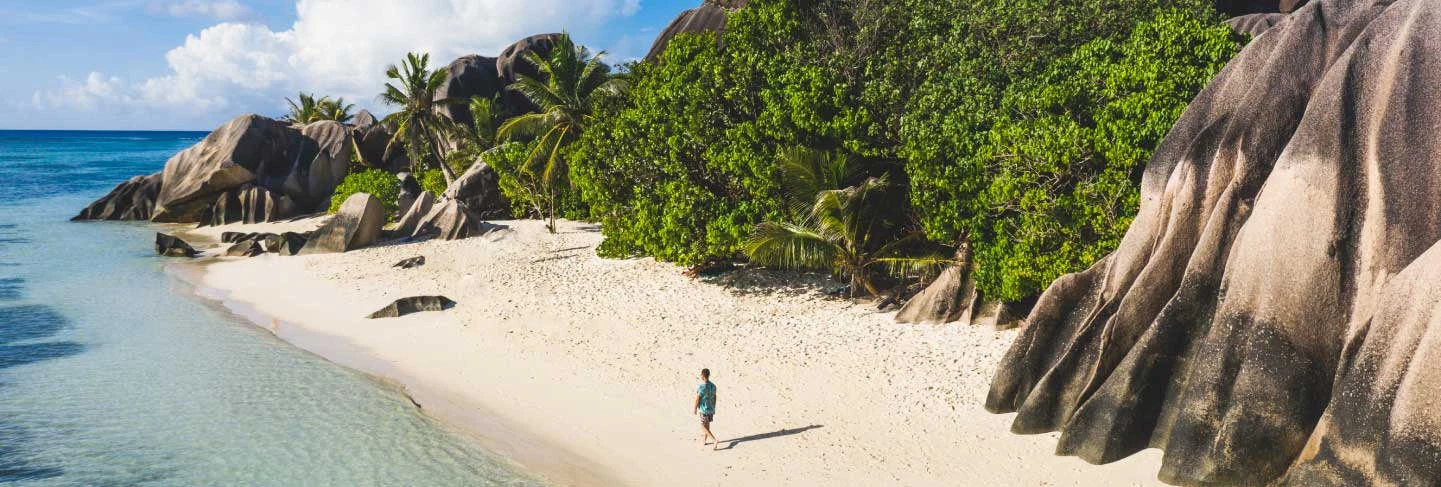
Which gap year program is best for my career?
Jana Jansen van Vuuren
Posted: March 4, 2022
So you’ve heard about the many benefits of taking a gap year? Perhaps this is because of Malia Obama’s well-publicised decision to take a break before college, or because your college application letter recommends it?
You’ve weighed up the pros and cons of taking a gap year. But what you haven’t answered is the question of what exactly you’ll be doing during your gap year.
Many graduates taking a gap year are high-performers looking to think beyond the four walls of the classroom. They know that landing coveted spots at prestigious universities and companies doesn’t just depend on having excellent grades.
Admissions advisors and hiring managers are looking for candidates with practical experience and a list of real-world accomplishments.
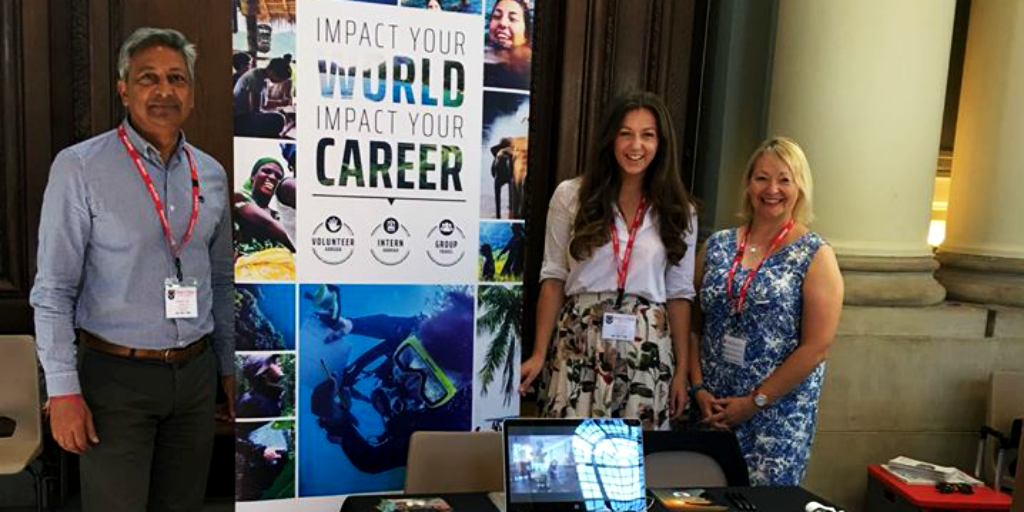
If you’re a student who knows where you’re heading, but needs help choosing a gap year program that will help you get there, then read on.
We’ve looked at some of the most popular career choices among last year’s graduates and selected GVI programs specifically suited to developing skills essential for excelling in each particular field.
To use this guide, scroll down to your profession of choice and select the matching program that appeals to you most.
If you don’t find your chosen line of work listed below, simply request to speak to one of our enrolment experts. They’ll be able to help you choose a program based on your interests and the skill set you’re looking to build during your gap year.
You can also browse programs at your convenience and make your own shortlist before requesting to speak to an enrolment expert.
Gap year before medical school
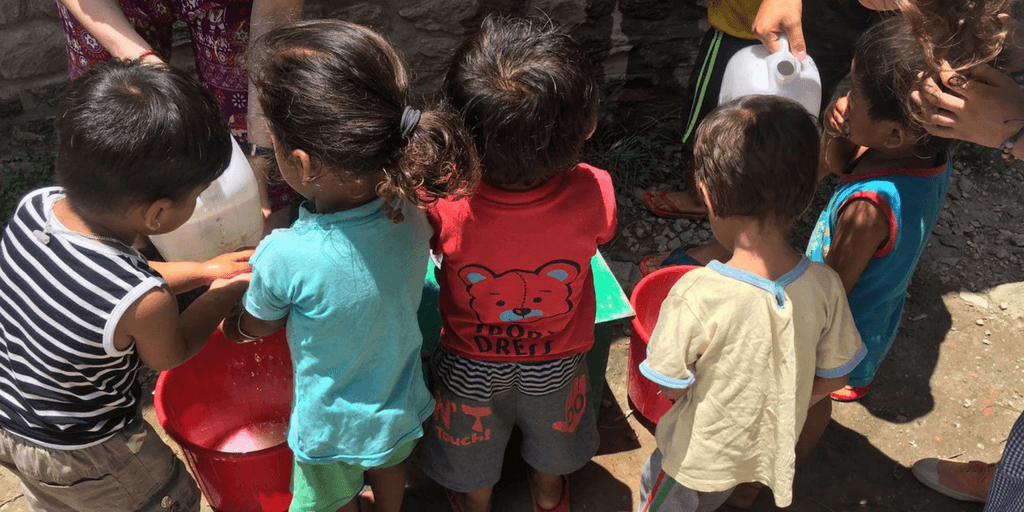
Most graduates entering Duke and Harvard medical schools have taken about a year or more off before starting their program. There are many reasons for this shift in sentiment in favour of the gap or transitional year.
The first is that students prefer to complete their undergraduate degree and take some time during the extra year to study for the all-important Medical College Admission Test (MCAT). The second is that medical programs are incredibly intense and rigorous. Students who have selected this path have to be incredibly certain of their choice before continuing their studies.
If you’re interested in pursuing medicine as a profession, a GVI global health internship will allow you to test the waters and see what this kind of career might actually be like.
These internships are most suited to high school or college graduates looking to specialise in public or global health as well as occupational therapy. But, students looking to specialise in other medical fields like dentistry, pharmacy and oncology will also benefit.
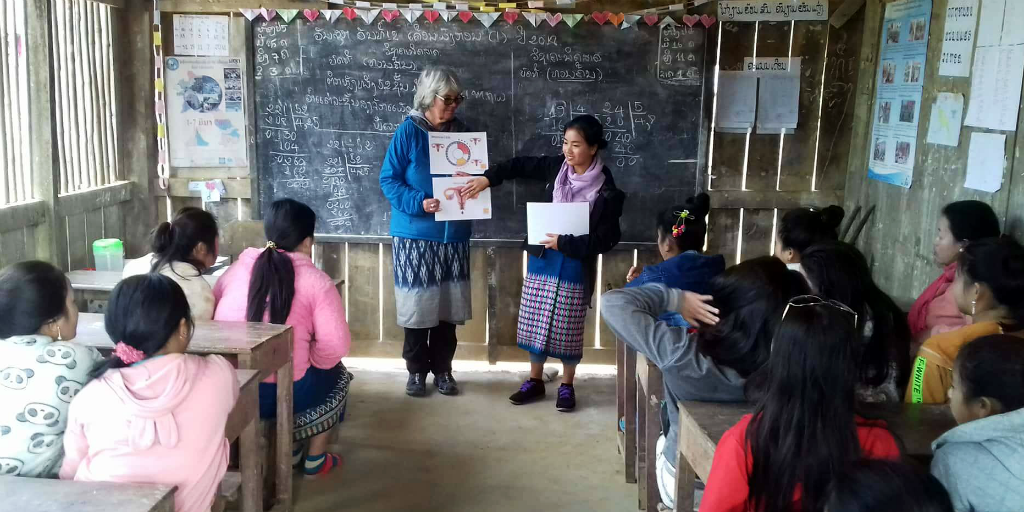
On a GVI public health internship, you’ll assist in teaching groups from local communities about how to avoid the spread of communicable diseases (such as tuberculosis, colds, flu, and HIV and AIDS) through effective daily hygiene practices.
You’ll also assist communities in learning how to minimise the risk of non-communicable diseases like diabetes and cardiovascular disorders through healthy living.
Previous medical experience isn’t required to join our global health internships as volunteers will not be participating in skilled, hands-on medical or diagnostic work, as per our medical volunteering policy. However, any teaching experience will be beneficial.
We operate in countries with a need for public health assistance, such as South Africa. In a World Health Organization (WHO) survey, which ranked health systems in 190 countries across the world, South Africa ranked at 175.
Lack of awareness about the prevention of disease and a scarcity of the resources needed to address the high incidence of disease, means that education and support can assist South Africa’s population with improving their well-being.
To support people in these communities, you can join GVI’s global health program in Cape Town. You can also look at joining our public health programs in Ghana, Fiji, Cambodia or Thailand.
Gap year before law school

Like with most aspiring doctors, most entrants to law school have taken at least a year or more off. This gap year is specifically encouraged by legal education specialists.
Law, like medicine, requires students to achieve high scores on a profession-specific exam, in this case the Law School Admission Test (LSAT), while also being an incredibly demanding program.
Pre-law students need the time off that a gap year can offer to study for the LSAT. A bonus is that they can also take a short break before continuing with the challenging program each aspiring lawyer needs to complete.
GVI’s programs will teach you valuable skills to help you work with people, like the ability to communicate effectively with people who don’t share your language or culture. This will serve you well once you pass the bar.
We recommend that future legal professionals choose a gap year program focusing on one of the following fields: global health, wildlife conservation, marine conservation or women’s empowerment.
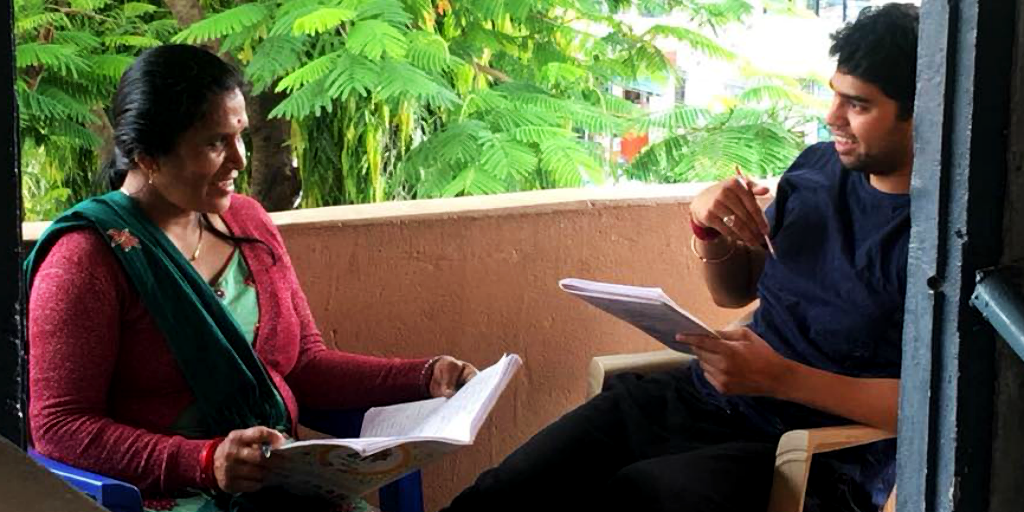
These programs will help you gain experience in three of the fastest-growing specialities in law: healthcare law, environmental law, and immigration law.
For those keen on immigration law, you might find it interesting to learn that most of the immigrant population in America during the 90s hailed from Latin America or Europe. Today the biggest group is of Mexican origin.
We run sustainable development programs in Mexico, Costa Rica and Greece. If you are looking to be at the cutting edge in your field, we recommend volunteering in locations like India, Nepal, Thailand, Laos and South Africa.
Joining one of our women empowerment internships in these locations will allow you to learn how to communicate better with adults from these regions; the same people whose rights you’ll be helping to protect as an immigration lawyer.
Gap year before studying engineering or computer science

While it’s important to focus on getting good grades, it’s also essential to develop your ability to understand others and communicate well with them.
Computer science graduates can excel in the field by improving communication and intercultural fluency, in order to exchange information with people from all around the world.
For computer science students looking to improve these skills, we recommend joining one of our teaching programs in Laos or Thailand. You’ll learn how to improve your non-verbal and intercultural communication skills through teaching Lao- and Thai-speaking students English.
Future engineers should also look at improving communication skills. You can also benefit from working on our teaching programs, which will build on your teamwork and leadership skills. Any of our internships worldwide will provide you with these invaluable competencies.
Biomedical and environmental engineering are two of the most rapidly developing fields of engineering. For that reason, we would suggest that future engineers take a look at our public health, wildlife conservation and marine conservation programs.
For those looking to specialise in civil engineering, you can take a look at hands-on infrastructure development projects in Fiji and Nepal.
Gap year before applying for an investment banking role
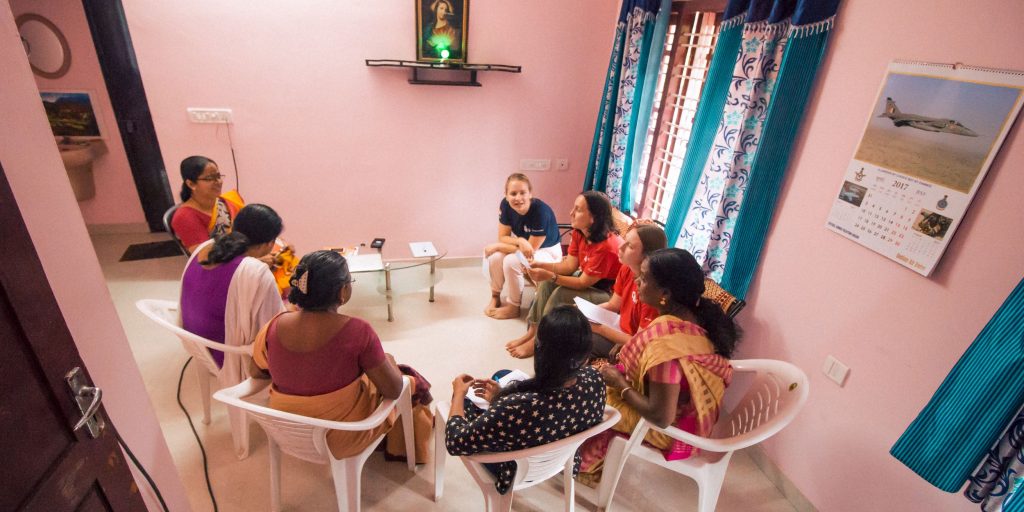
Several incredibly successful hedge fund managers have endorsed the idea of taking a gap year rather than landing an internship immediately.
The reason for this is that talent scouts at prestigious firms are looking for individuals who have insight into real-world situations.
The ideal candidate is someone who isn’t afraid to take risks, but takes responsibility for their mistakes and displays business savvy far beyond their years.
If you’re keen on a career in investment banking and are looking to improve your chances of being picked up by your dream firm, why not join one of our volunteer programs in India during your gap year?
Choosing to join a women’s empowerment program in India will allow you to assist women in setting up alternative income initiatives in their communities. This will give you in-depth insight into the socio-economic realities of the region.
Gap year before studying psychology

Psychology is an extremely popular subject choice at college-level, but very few students actually complete the many years of study required to become a licensed psychologist.
One of the ways to ensure that you take part in a program you’ll want to see to the end is to take a gap year at some point in your academic journey. At the same time, you want to ensure that what you’ll be doing during your gap year still adds value to your resume.
For students interested in traditional counselling, we recommend our women’s empowerment internships, which allow you to work with women who live in the local communities on personal empowerment.
If you’re more interested in sports psychology you can join a sports program. A public health program might also appeal to you if you’re looking to become a health psychologist.
Further reading: 10 Volunteer Opportunities For Teens.
Gap year before studying journalism or media
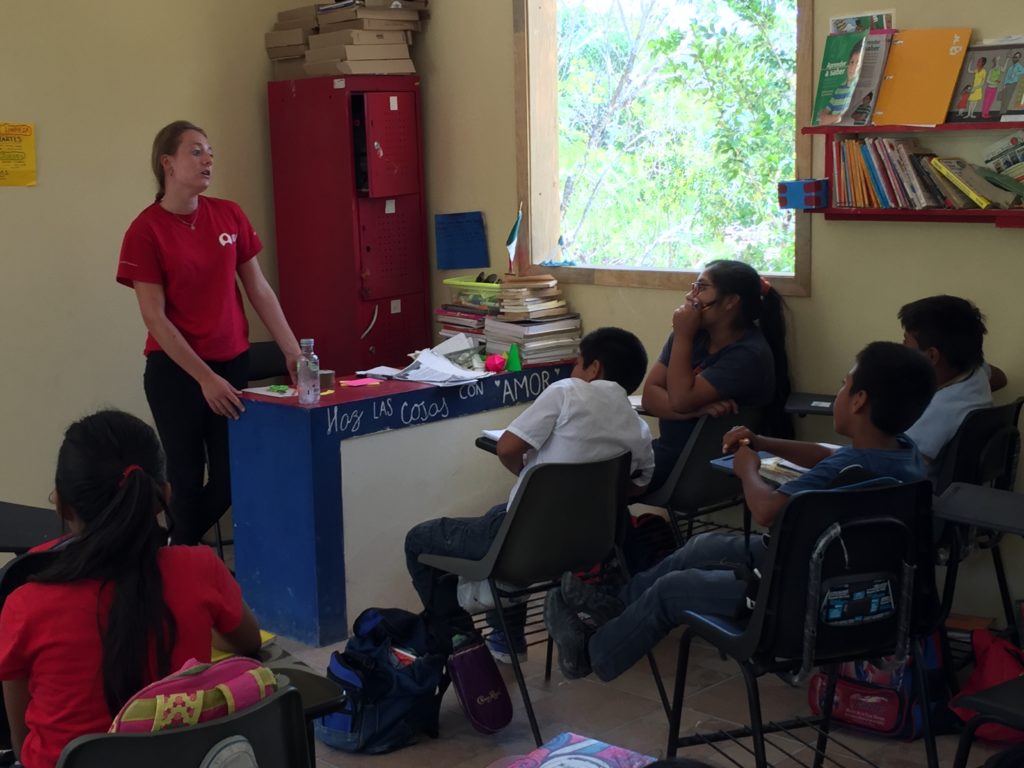
Maybe you dream about travelling to exciting destinations, speaking to new people and documenting breaking news. A good way to get a taste for what this will actually be like is to join any of our volunteer abroad programs and document the experience.
Be sure to take a good camera along and speak to your base manager about contributing to the GVI blog, YouTube, Facebook and Instagram.
While you could choose just about any volunteer program, two of the best would be our teaching projects in Ghana or Costa Rica.
On these two projects, you’ll get the chance to improve your Spanish, the second-most widely spoken language in the world. This is an excellent choice for anyone looking to get ahead in the media and communications field.
Gap year before studying fashion design
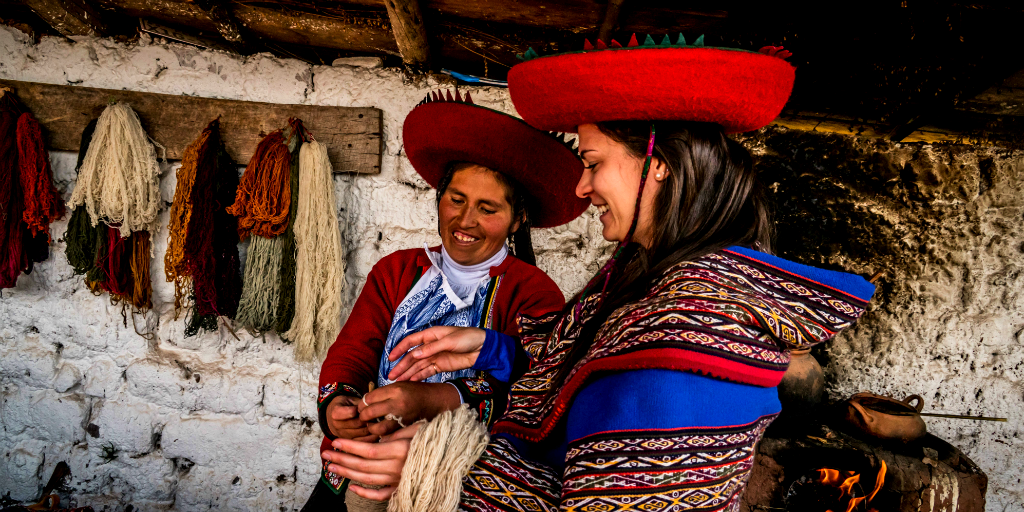
Many people don’t realise how competitive securing a spot at a respected fashion school or publication can be. Student admissions officers and editors are looking for fashion graduates with an entrepreneurial spirit and awareness of marketing and brand management.
One of the best ways to build these skills during your gap year is to join one of GVI’s volunteer programs in Peru. While the main focus of the program is to work with local people to conserve natural resources such as springs and forests, you’ll also get involved in creative activities.
You can learn about handmade crafts such as Peruvian weaving, which will give you first-hand experience in how these products are made. Understanding how textiles are locally produced will also give you a better awareness of the international trade in handmade textiles and crafts.
Fashion students taking a gap year with GVI are encouraged to continue working on their portfolio by exploring their sketching, photography, and digital publishing skills while on the project.
Further reading: Eight of the best festivals and celebrations in Peru.
Gap year animal conservation programs

Conservation can be a demanding career and the path to becoming employed in wildlife conservation is not always clear. The best way to find your path is to see what fieldwork is really like.
You’ll get to see if you enjoy it and gain the experience you need to get a placement at a conservation institution.
We have a range of wildlife conservation internships where you’ll be able to study a variety of ecosystems: from the rainforests of Costa Rica to the South African savannah. You’ll be able to work with a range of species, from tropical birds and jaguars, to cheetahs and elephants.
Some of our most popular wildlife gap year programs are our turtle conservation programs in Thailand, Greece and the Seychelles.
On these projects you’ll help to track and increase the global turtle population by measuring and tagging mother turtles, setting up protection for turtle nests, guiding baby turtles to the sea and assisting in maintaining a turtle sanctuary.
Marine biology gap year program

If your passion is more directed at preserving life below water we suggest taking a look at some of our marine conservation internships.
GVI projects allow you to study coral reefs and marine species like sicklefin lemon sharks. Many of our marine biology projects also allow you to earn a Professional Association of Diving Instructors (PADI) Divemaster certification, a requirement necessary for working on any well-respected underwater research study.
We offer marine conservation internships in locations where you’ll get the opportunity to study some of the most exciting underwater ecosystems, in locations like Mexico, the Seychelles and Fiji.
Take a look at GVI’s many award-winning gap year programs and get started on growing your personal and professional development in a meaningful way today.
We understand that you may have questions about how COVID-19 will affect your travel plans. Visit our FAQs page which explains our latest safety protocols in response to COVID-19.
Disclaimer: The images in this article were taken pre-COVID-19.

